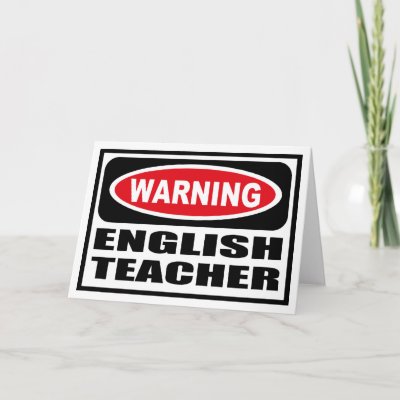Complete list of English auxiliary verbs:
am, is, are, shall, should, be, being, been, was, were, will, would, has, have, had, do, does, did, can, could, may, might, must, ought
Auxiliary verbs have a few grammatical functions:
- Support: Auxiliaries help/change the meaning of a main verb
i.e. The doctor went home. The doctor is going home. - Interrogative: Auxiliaries invert to form questions
i.e. You can go. Can you go? - Negation: To negate a sentence, not or n’t is added after an auxiliary
i.e. Charles goes to class. Charles does not go to class.
Depending on the context, some auxiliaries can function alone as the only verb in a sentence; others will not be found without a main verb.
These are known as modal verbs (can, could, may, might, ought, shall, should, will, would, and must).
Modal verbs NEVER appear alone; they always accompany a main verb.





